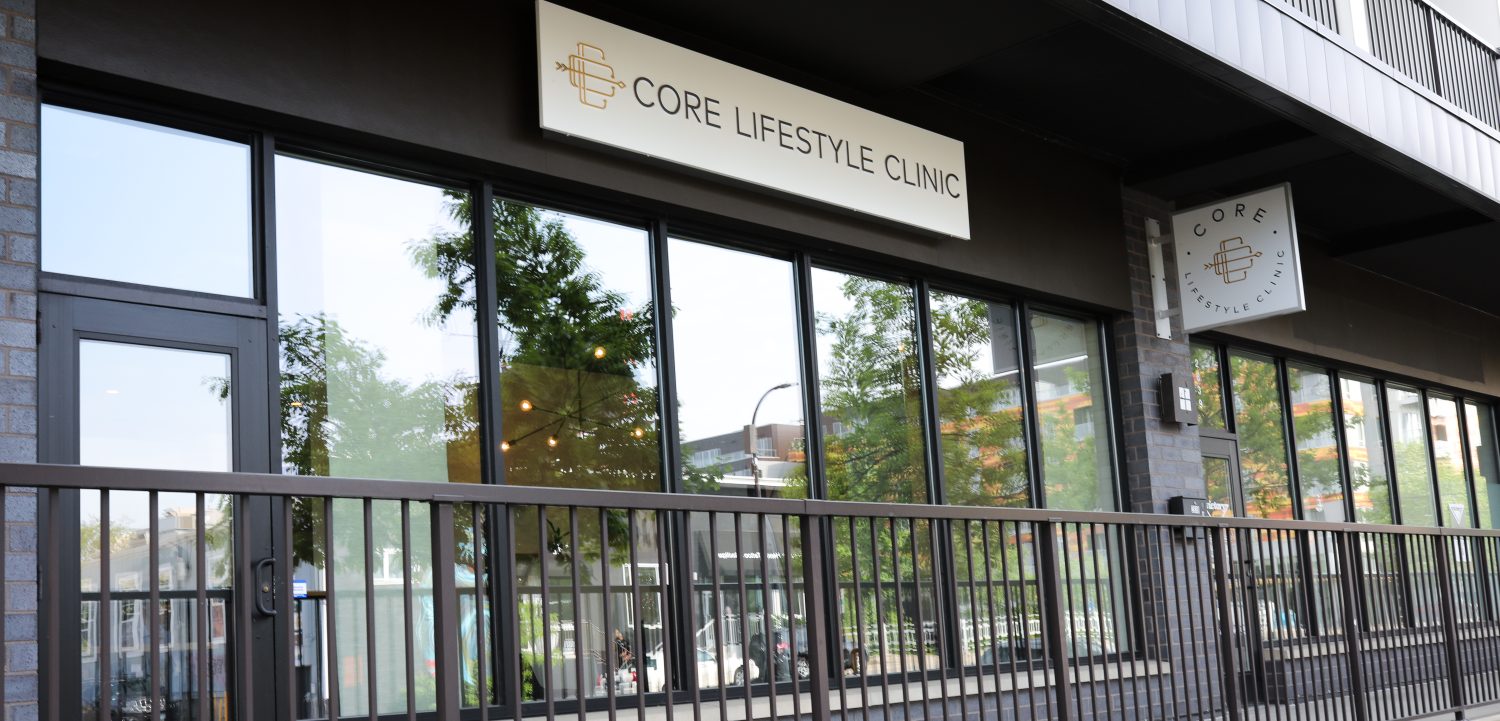Self-Talk : What you Tell Yourself Directly Impacts your Health
We read it all of the time, the person you spend the most time with is yourself. We obviously know this to be true, but if we get deep for a moment, you actually realize you are with yourself EVERY moment of your life. That is a lot of time together. In that time you spend with yourself you are likely “talking” to yourself, consciously and sub-consciously. What you say can have a profound impact your health.
In the past year I have a worked a lot on negative self-talk. I often found (and still find) myself telling myself something seemingly innocuous as “gosh Amy you sucked at that workout today, you are the slowest runner on the planet” to something more obvious like “wow, you probably do not need a desert today you are looking hefty.” This kind of nonsense seeps into our brains and takes up unnecessary space. What we tell ourselves continuously, we unintentionally start to become. If I tell myself I am the worst runner then I likely begin to avoid running. If I restrict myself from desert based on some self-imposed critique I begin to deem yummy food as “bad” and will probably propel myself right into a binge in the future. It is a slippery slope but we have the power to change.
I challenge you to change the narrative. The next time you want to put yourself down apply the “stop, drop and roll” theory – yes it is that drastic!
- STOP – ask yourself, would I tell my best friend this? Would I say this to my child, my parent and would I say it OUT LOUD? Would I tell ANYONE this, other myself this? Likely, if you are at this step, the answer is a hard NO. We can be our own worst enemies and it is time to be more kind to ourselves. So if you would not say this to someone else, do not say it to yourself.
- DROP – change the narrative. Drop the negative for a positive…right then and there. Find something kind to tell yourself. Instead of harping on how slow you are, give yourself a high-five for making to the gym, getting out of bed that morning or heck, congratulate yourself for brushing your teeth. Just change the narrative. Instead of calling yourself hefty focus on a characteristic you do like that day. Wow my hair looks great or I love this outfit or I smiled at that person on my walk. ANYTHING kind is better.
- ROLL – roll the things that may not be where we want into real change. If I am slower than I would like to be how can I improve on that? If I want to feel better in my skin what steps can I take to get there? Recognition of want to change can be the catalyst to start the process.
Yes, we all have bad days. We have days we do not feel on our game for one reason to another but we are doing our best. We can recognize these “bad days” and give ourselves a nudge towards change. Happiness is not a constant. It is a moving target. If you acknowledge that it is ok to accept things as they are on this day AND remind yourself that you are working towards a better tomorrow, your health goals and lifestyle improvement really are in reach. Decide where you want to go and pat yourself on the back along the way. Change takes time and a lifetime of reinforcement, giving yourself the strongest foundation is a great start!
-Amy Moser, Nutrition Coach
nutrition@uptowncore.com





